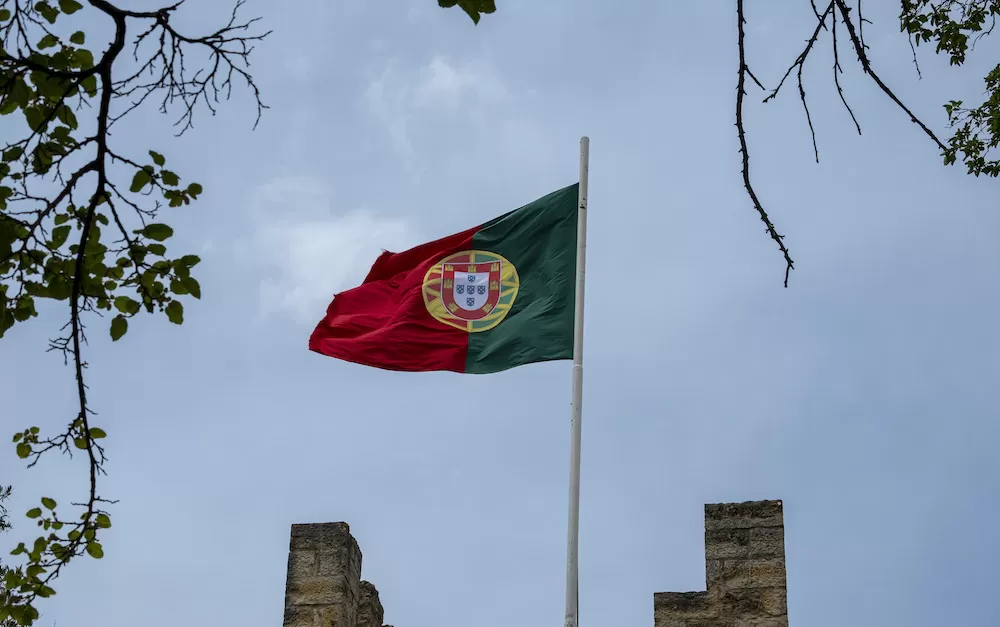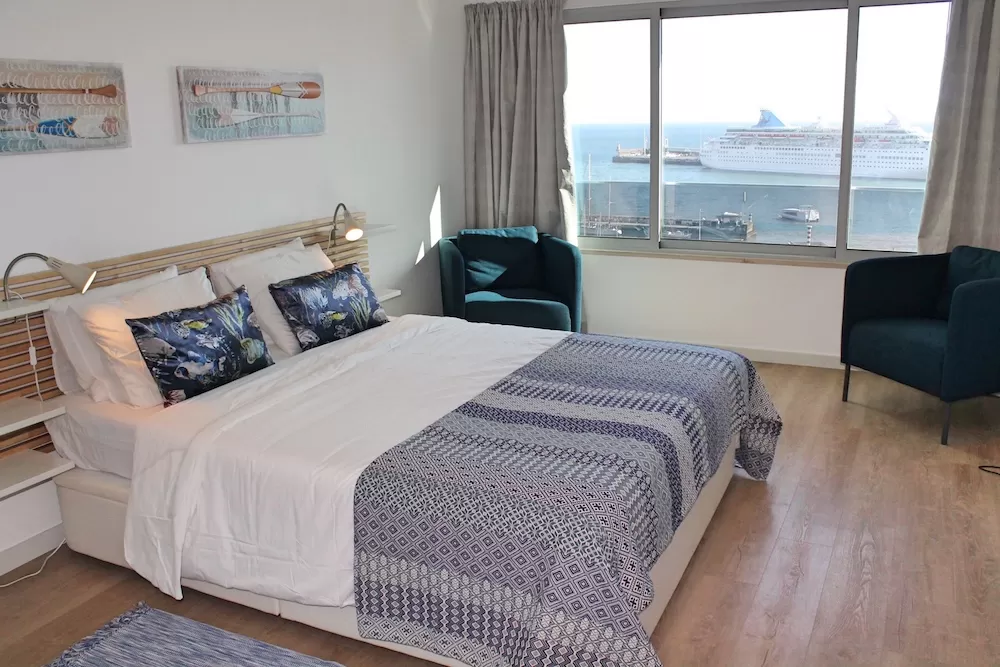Investing in real estate in Portugal is a serious business. Not only will you spend a ton of money on it, but you'll also have to deal with the law. Are you up for it? Will you be able to handle it? Perhaps, if you know more about the legal issues that come with handling a
property in Portugal, you will be. They include how your legal residency status might come into play in this endeavor. Or the property ownership structures in Portugal. Possibly even the consequences in signing the contracts in the purchase. The more you're familiar with these legal issues, the better!
Can Foreigners Buy Real Estate in Portugal?
Every country has its own set of rules about foreigners buying and owning real estate in their respective territories. So what are Portugal's rules? In a nutshell, non-residents are allowed to purchase any property in Portugal. They face no restrictions, making the country one of the best places to invest in real estate. However, before they can buy a place here, they need to get a Fiscal Identification Number ('NIF') first. It's sort of like a tax number for you and this is important since the process of buying real estate in Portugal includes paying a few
taxes.
What are The Different Types of Properties in Portugal?
Before you choose any property in Portugal for sale, you must first know what kind of property it is. According to
Get Golden Visa, there are five different types of properties to choose from. Firstly, there's
Casa (or
Moradia), which essentially a residential home. A
Casa Geminada, which refers to a semi-detached house. As well as the
condomínios, a unit in an apartment building or residential complex. There are also the
Quintas, rustic homes located in the farmlands of Portugal. And finally, there's the
Terreno, which is basically just a plot of land. The type of property you go for may determine what ownership structure you'll apply to it.
What are The Ownership Structures in Portugal?
So speaking of the ownership structures in Portugal, what exactly are they? Well, there's full ownership. True to its name, this structure reserves all the rights of the property to the listed owner on the title deed. Surface right, on the other hand, allows one to build and use someone else's property legally. But when the surface right is terminated, the listed owner can acquire any structure or plantation built on their property. Portugal also has the right to usufruct, which is a structure that allows any person to make use of a property for a period of time even when it's owned by someone else. And finally, there's the right to use, which is basically similar to the right to usufruct but without a time limit.
What is The Buyer's Due Diligence?
Let's say you want to
move to Lisbon and buy property here. as you start the process, you'll hear people say that you need to do your due diligence. But what is it exactly? This is a legal obligation wherein buyers have to study and inspect the property they're planning to buy. Part of that is checking with the Conservatory for Real Estate Registry (
Conservatória do Registo Predial) whether the property in Portugal for sale is ready for purchase. You need to see if the seller is, in fact, the listed owner of the title deed and thus, has the right to sell it.
What are The Important Costs in This Process?
In any legal process, there are important costs you need to pay to make the entire thing official. Dealing with real estate in Portugal is no different. As the buyer, you need to pay the property transfer tax, or
Imposto Municipal Sobre Transmissões (IMT), stamp duty, notary fees, land registry fees, and mortgage costs. As well as your
real estate agent's commission. As the seller, you'll have to pay the capital gains tax imposed on the profit you earn from the sale. Though the final price of the property will pay for most of these, there are some that you have to pay on top of everything else.
What is The Promissory Contract?
Technically speaking, the
Contrato de Promessa de Compra e Venda, or promissory contract, isn't a requirement. But it has become a common part of the process and as the buyer, you ought to insist that both parties sign one. It may not be the deed of sale, but when signed and notarized, it will still legally bind you and the seller to the purchase. You will then have to pay the seller a deposit of around 20% to 30% of the final price of the property. If ever any of you decide to bow out of the agreement, there will be consequences!
How do you know that dealing with real estate in Portugal is important? There are laws you need to be wary of. The process of buying or selling property in Portugal comes with a few legal issues you ought to know about.



